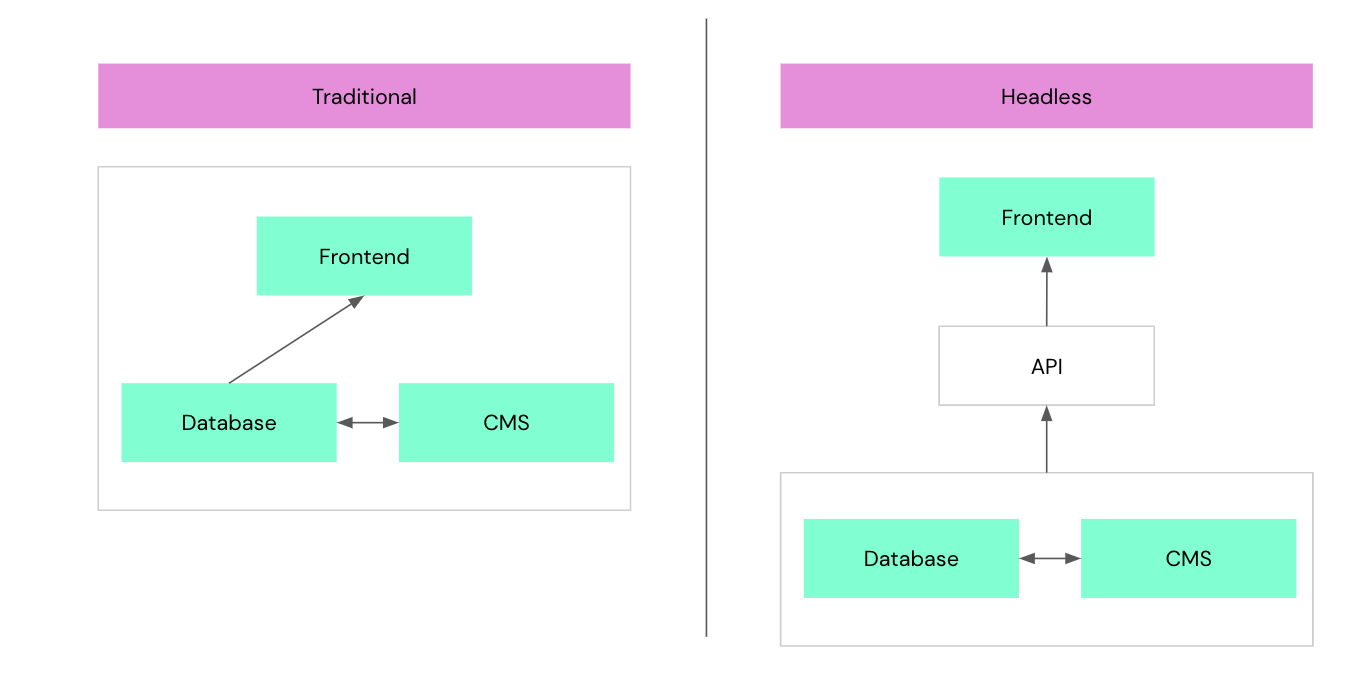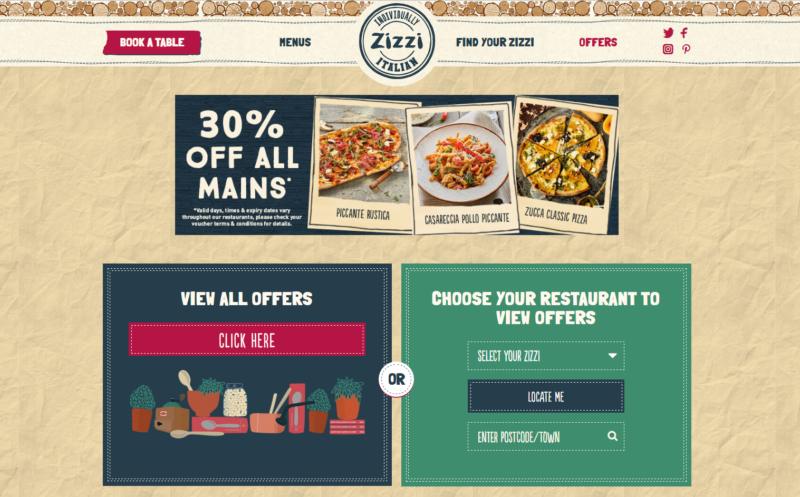IMPROVED USER EXPERIENCE
Because headless content is served over APIs, developers can pick and mix different frontend platforms to get the best of everything. Developers can choose the way they want to build their frontend and user experience as opposed to only using the technology provided by the traditional CMS platform.
QUICKER LOAD SPEED
Headless websites often load faster than traditional CMS websites because of the way that content is taken from the CMS, cached and then displayed on the Headless app. Some headless frameworks leverage modern image formats which are lower in bandwidth cost, smaller in size, and faster in delivery. Find out more about why load speed is so important for SEO here.
INCREASED CONVERSION RATES
A headless approach provides the ability to create a more relevant user experience, which in turn impacts conversion rates. And because it makes content development more streamlined, it helps to draw in organic traffic and repeat business.
REPURPOSE CONTENT ACROSS MULTIPLE CHANNELS
When all content is accessible for use on any digital endpoint, digital teams can easily repurpose content across devices and channels.
EDIT ONCE, UPDATE EVERYWHERE
Content is stored in a centralised content hub, meaning content editors only have to change the content in one place and for the change to be applied everywhere the content is located.
MORE DEVELOPER RESOURCE AVAILABLE
Content editors can update content across all channels without developer support, freeing up developers to tackle more strategically important work.
LESS RISK WHEN REPLATFORMING
Replatforming a traditional CMS meant changing everything at once; your CMS, your frontend and your URL structure. Using a Headless approach, you can build the Headless frontend connected to the old CMS, stabilise your rankings, and then connect the Headless app to your new CMS. Furthermore, Headless apps can mirror the existing URL structure, vastly reducing the amount of time that search engines take to recognise the new website.
ENHANCED SECURITY
By decoupling the frontend from the CMS, we reduce attack vectors. If unauthorised access to the frontend was gained, they wouldn’t be able to access the CMS.







